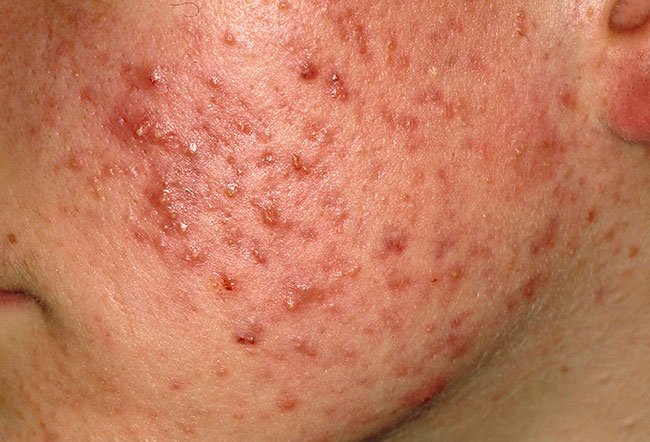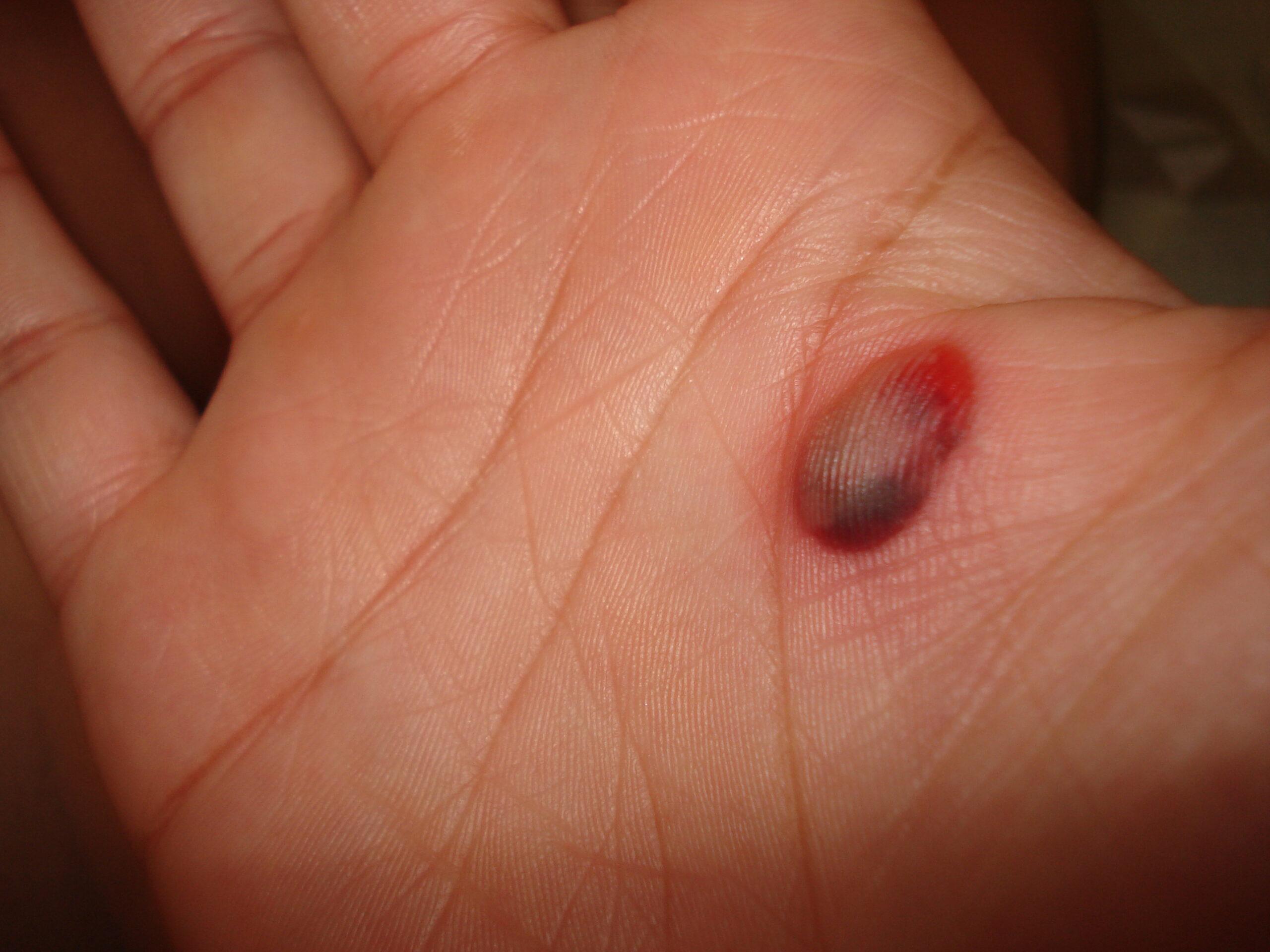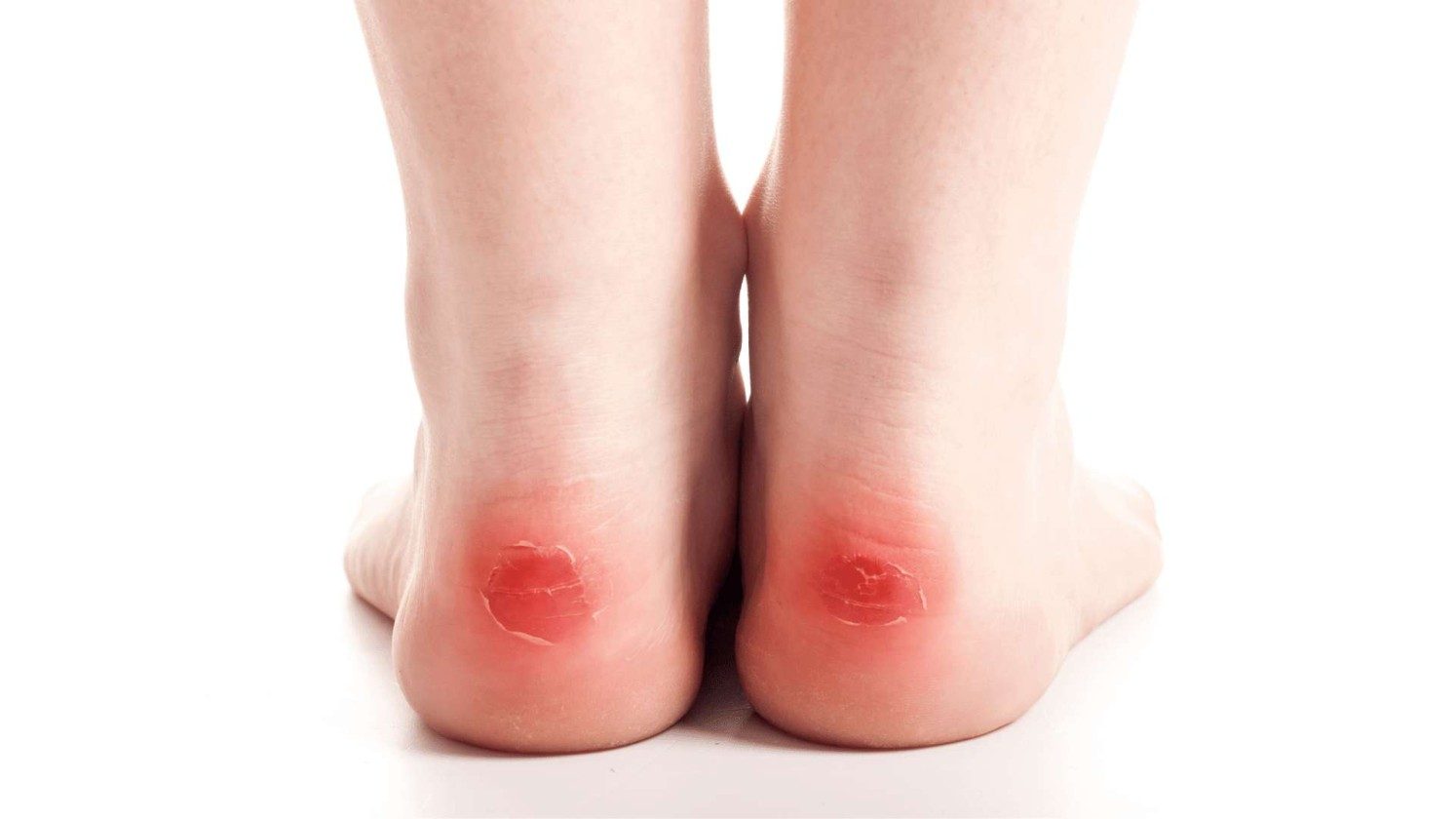Castor oil is a vegetable oil that is used for a wide range of cosmetic and medical purposes. It is said to provide health benefits for the face and skin. People typically take castor oil as a laxative, but the oil has potential benefits for the skin. Castor oil is broken down into ricinoleic acid in the small intestine. This speeds up the process of digestion.
Benefits
Castor oil is said to provide the following benefits for the face and skin:
Face
- Acne: The antimicrobial and anti-inflammatory properties of castor oil make it useful in reducing acne. Ricinoleic acid can inhibit growth in the bacteria that cause acne.
- Texture: Castor oil is also rich in other fatty acids. These can enhance smoothness and softness when applied to facial skin.
- Complexion: The fatty acids in castor oil can also promote the growth of healthy skin tissue, making it helpful in restoring uneven skin tones.
- Sensitive skin: Castor oil has a low comedogenic score. This means it is unlikely to clog pores in the skin and reduces the risk of developing blackheads, making it appropriate for use on sensitive skin.
- Inexpensive: Skincare products, and in particular facial creams and oils, can be very expensive. Castor oil is relatively low-cost and shares many similar properties, such as promoting a healthful complexion or moisture in the skin.
Skin
- Anti-inflammatory: Both castor oil and ricinoleic acid have demonstrated anti-inflammatory properties. This makes them useful for treating irritated skin.
- Antimicrobial: It may also protect the skin from bacterial infections by keeping out microbes that can cause disease.
- Moisturizing: Castor oil contains triglycerides. These can help maintain moisture in the skin, making it a useful treatment for dry skin.
- Hydration: Castor oil may have humectant properties, which means that it can draw moisture from the air into the skin, keeping the skin hydrated.
- Cleansing: The triglycerides found in castor oil are also helpful in removing dirt from the skin.
Side effects
While castor oil has a range of promising properties, it is important to note that the scientific evidence supporting many of these claims is not conclusive, and much of the evidence tends to be anecdotal rather than scientific. This means that most studies are about one particular instance in which treatment with castor oil was successful, rather than providing wide-ranging and accurate data.
These are often reports that relate to allergic reactions, such as:
- Skin rashes
- Swelling
- Itching
Anyone who experiences an allergic reaction to castor oil should seek medical attention immediately. Skin irritation and the development of rashes are the most commonly reported side effects.




